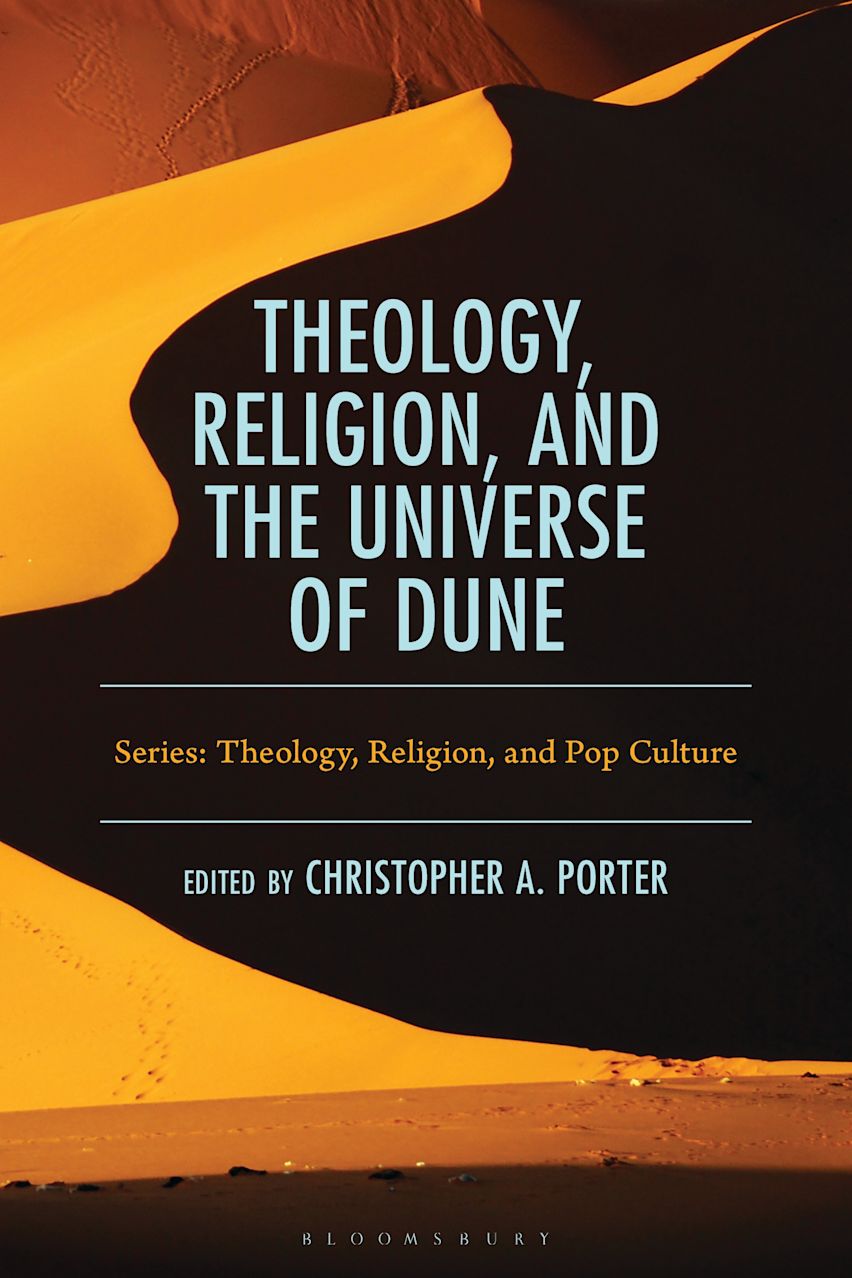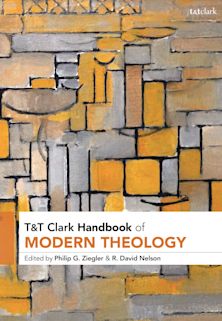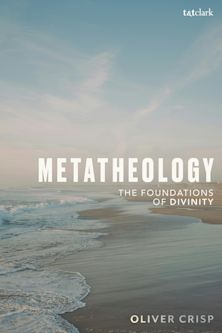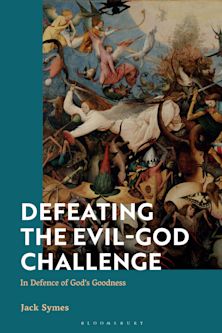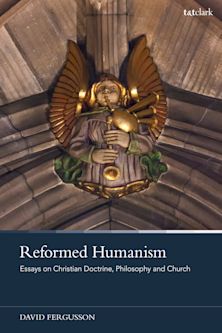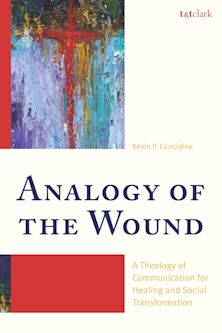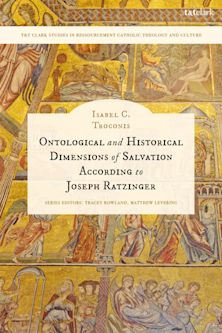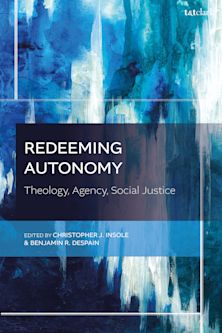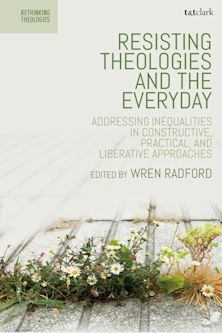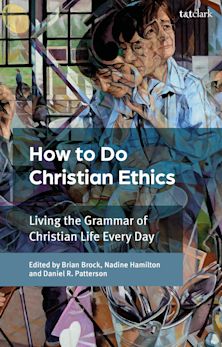- Home
- ACADEMIC
- Theology
- Contemporary Theology
- Theology, Religion, and the Universe of Dune
Theology, Religion, and the Universe of Dune
Christopher A. Porter (Anthology Editor) , Walter Barta (Contributor) , Yael Thomas Cameron (Contributor) , John Anthony Dunne (Contributor) , Michelle Eastwood (Contributor) , Neal Foster (Contributor) , Ryan Haecker (Contributor) , Graham Lee (Contributor) , Ruairi Meyler (Contributor) , Will Nicholas (Contributor) , Jerry Piven (Contributor) , Christopher A. Porter (Contributor) , Laura Robinson (Contributor) , Tara B. M. Smith (Contributor) , Andrew H. Waller (Contributor) , Trevor B. Williams (Contributor)
Theology, Religion, and the Universe of Dune
Christopher A. Porter (Anthology Editor) , Walter Barta (Contributor) , Yael Thomas Cameron (Contributor) , John Anthony Dunne (Contributor) , Michelle Eastwood (Contributor) , Neal Foster (Contributor) , Ryan Haecker (Contributor) , Graham Lee (Contributor) , Ruairi Meyler (Contributor) , Will Nicholas (Contributor) , Jerry Piven (Contributor) , Christopher A. Porter (Contributor) , Laura Robinson (Contributor) , Tara B. M. Smith (Contributor) , Andrew H. Waller (Contributor) , Trevor B. Williams (Contributor)
For information on how we process your data, read our Privacy Policy
Thank you. We will email you when this book is available to order
You must sign in to add this item to your wishlist. Please sign in or create an account
Description
This volume explores the intricate relationships that the universe of Frank Herbert's Dune portrays between faith, prophecy, and spirituality.
The Dune universe is a large and complex place where social, political, and cultural structures are intricately interwoven with religious, theological, and philosophical ideas. From the syncretism of the Ecumenical Translation Project and the Orange Catholic Bible, through to the messianic aspirations of the Bene Gesserit, and the subsequent transhumanism of Leto II as the God-Emperor. Through, the desert planet Arrakis-the series' epicentre-is portrayed as a location where fate and faith collide. It is also a place where the vital function of religious and theological motifs may be examined as they influence the plot and character development throughout the series.
The essays in this volume dance throughout the breadth of Frank Herbert's Dune universe, along with some also considering Brian Herbert and Kevin Anderson's Legends of Dune trilogy. They examine the complex ways in which religious and theological constructs shape and are shaped by the characters and the evolving landscape of the Dune universe, and in the mind of the reader.
Table of Contents
Chapter 1: Spirituality and Organized Religion in Frank Herbert's Dune Series, Tara B.M. Smith
Chapter 2: Muad'Dib and The Muqaddima, Ruairi Meyler
Chapter 3: Religious Orientalism in Dune, Christopher A. Porter
Chapter 4: Spectres of Moses in Dune, Yael Cameron
Chapter 5: Life After Little-Death: Dune, Psalm 27, and Transformation through Fear, Andrew H. Waller
Chapter 6: “Prescience and Parables: The Self-defeating of Foreknowledge in Dune and Matthew 25”, Neal Foster
Chapter 7: When I am Weak, Then I am Strong: The Paradox of Pauline Weakness and Lady Jessica in Dune, Laura Robinson
Chapter 8: The Prophecy, Prediction, and Prescience of Paul Atreides: Dune and the Problem of Theological Fatalism, Graham Lee and Walter Barta
Chapter 9: “Fear is the Mind-Killer”: Theological Reflections on the Butlerian Jihad and Superintelligence without Artificial Intelligence in Frank Herbert's Dune Novels, John Anthony Dunne
Chapter 10: The Worm in the Cross: Technology, Mysticism, and Christian Eschatology in Frank Herbert's 'Dune', Ryan Haecker
Chapter 11: The Animal Humanism of the God-Emperor, Trevor B. Williams
Chapter 12: Messiahs as Visionaries, Megalomaniacs, and Delusions, Jerry Piven
Chapter 13: Kwisatz Haderach, Muad'Dib, Usul and the Intentional Ministry Change Agent, Will Nicholas and Michelle Eastwood
Product details
| Published | Jan 22 2026 |
|---|---|
| Format | Ebook (Epub & Mobi) |
| Edition | 1st |
| Extent | 256 |
| ISBN | 9798216354406 |
| Imprint | Fortress Academic |
| Series | Theology, Religion, and Pop Culture |
| Publisher | Bloomsbury Publishing |
About the contributors
Reviews
-
Though the Dune series was launched in 1965, Frank Hebert's world-building offers prophetic wisdom for the world we are building in 2025. This excellent collection of essays draws out that wisdom with sophistication and sensitivity, highlighting key religious ideas and theological themes embedded in Herbert's novels. As a new generation of film adaptations engage a new generation of audiences, this volume ensures that we do not miss some of Herbert's most prescient messages about how humanity, society, and power are affected by religion, machines, and artificial intelligence. And while they playfully examine the storyworld of Dune, these writers pack a scholarly punch in their areas of expertise, using angles in popular culture to shed new light on some of the knotty theological questions of our day.
Andrew J. Byers, Tutor in New Testament at Ridley Hall Cambridge and Co-Editor of Religion, Theology, and Stranger Things: Studies from the Upside Down on Evil, Ethics, Horror, and Hope
-
Theology, Religion, and the Universe of Dune offers us-I dare say-a prescient look at themes of religion, power, human limits, and identity explored in Herbert's world and woven throughout our current political landscape. This timely and richly engaging volume makes the seemingly distant world of Dune feel closer than ever, as it brings Herbert's reflections on prophecy, power, and technology to bear upon our own, slightly less worm-filled, world.
D. T. Everhart, lecturer in Theology, London School of Theology
-
Porter's achievement is as rich as the sands of Arrakis, and as thrilling as the vast universe it inhabits. Theology and religion, formerly underexplored elements of the Dune universe, come into clear and brilliant focus as a result of this excellent work.
Scott Harrower, Research Affiliate, Monash University
-
There is no rival to the worldbuilding in Frank Herbert's Dune when it comes to religion, and thus it will delight not only scholars but fans of the series that this collection of essays engages with religion, theology, and the Dune universe and mythos in a way that brings its depths and richness to light, and shows the relevance of Herbert's fictional opus to pressing issues in our own time.
James F. McGrath, Clarence L. Goodwin Professor of New Testament Language and Literature, Butler University











